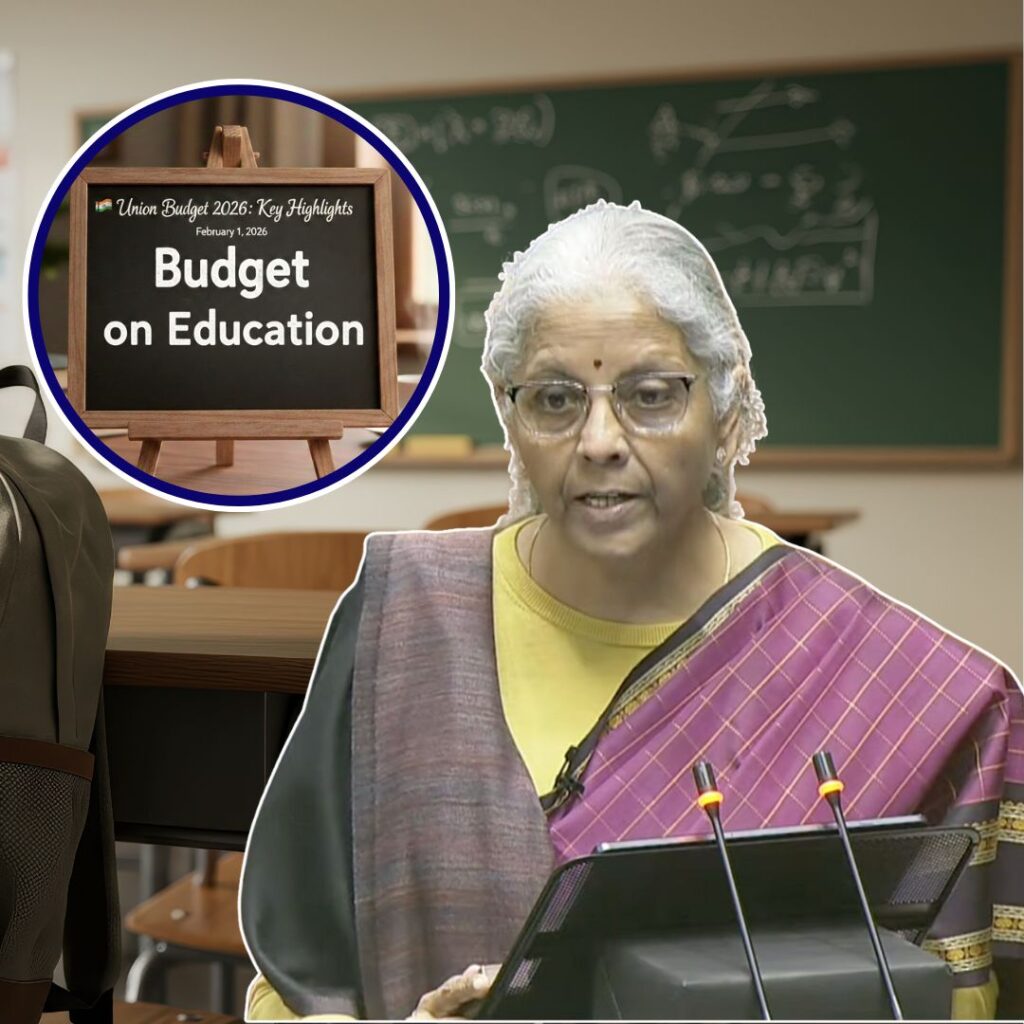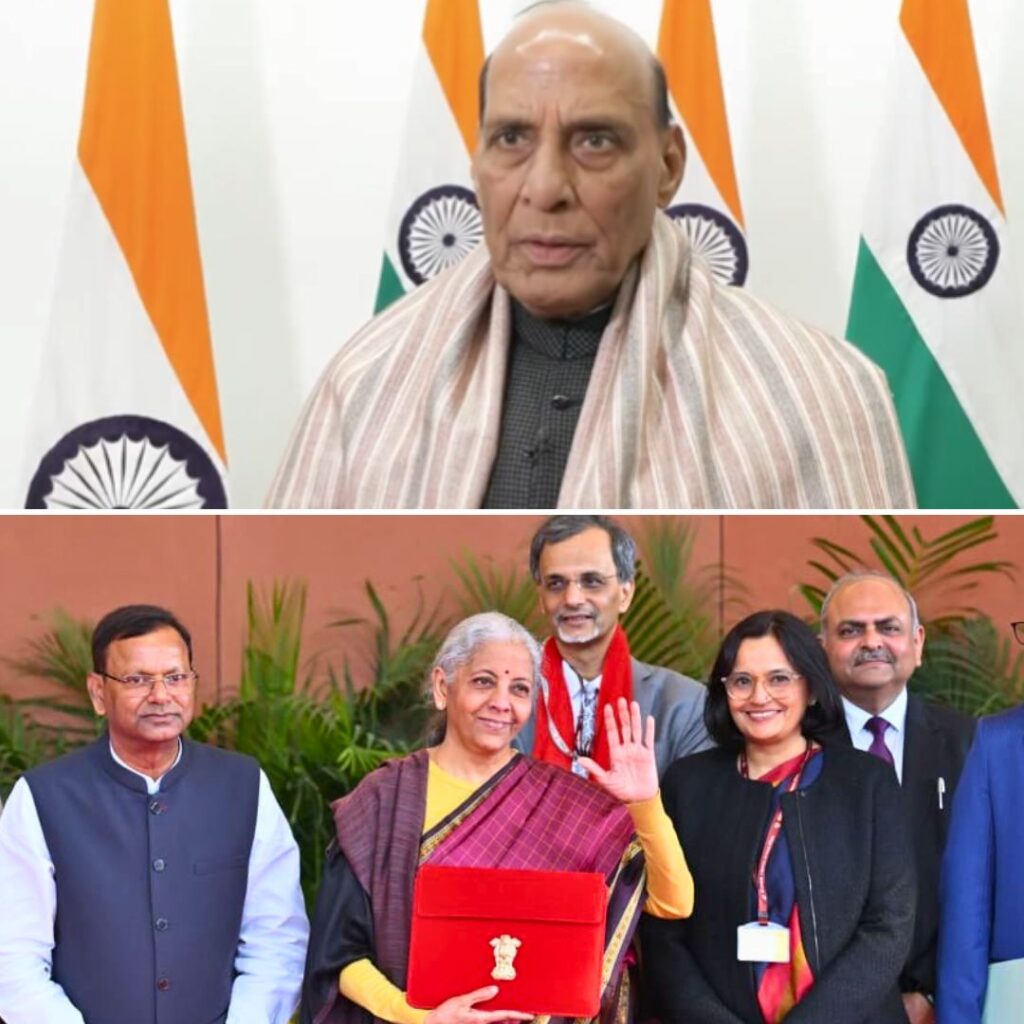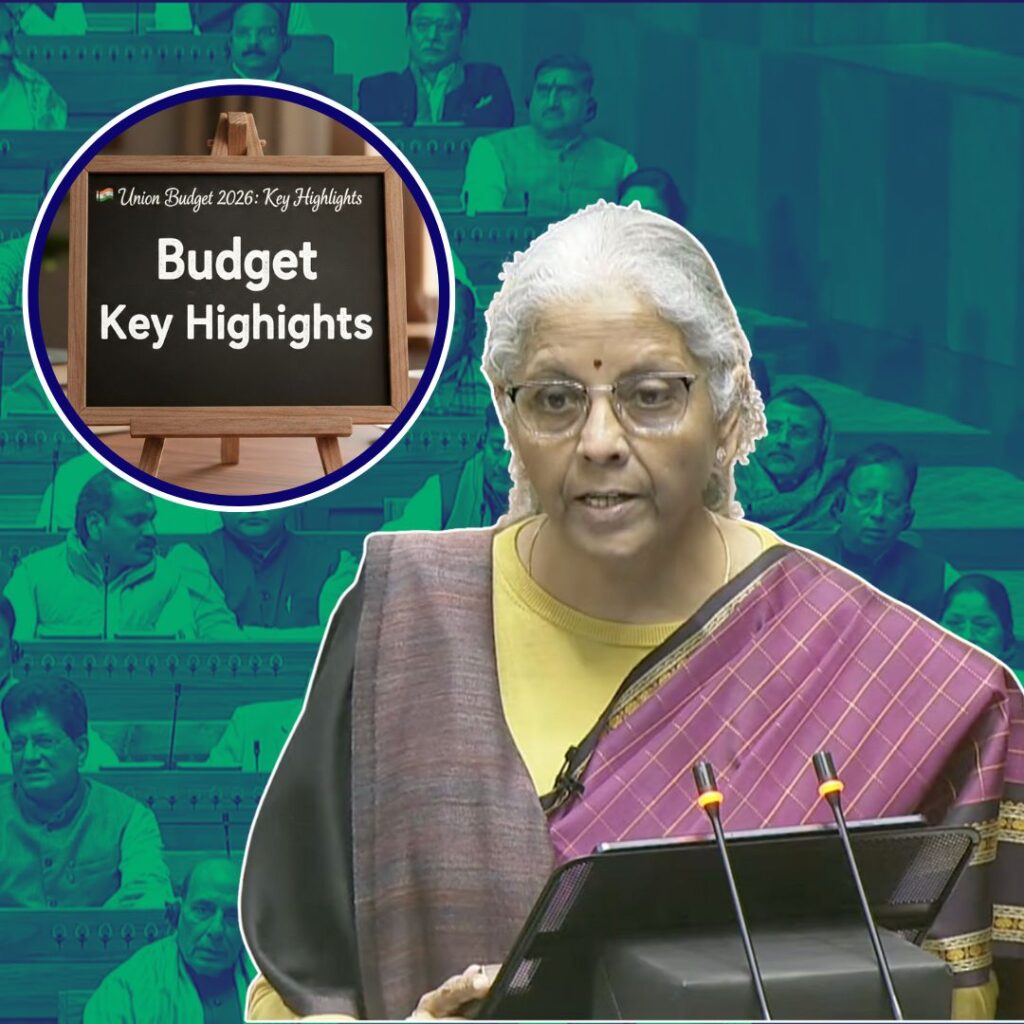After a long gap of 21 years, the MBBS curriculum has been finally revised. The new curriculum is aimed at instilling empathy and globally relevant knowledge in medical professionals. Currently, the regulations and curriculum formulated in 1997 are followed.
The new curriculum was finalized by the Medical Council of India (MCI) on Friday and will be followed from 2019-20 academic session. MCI academic has worked for two-and-half years to frame the new curriculum, keeping it in accordance with global scientific advances and emerging diseases, reported The New Indian Express. The new curriculum titled “Competency-based UG curriculum for the Indian Medical Graduate” has been submitted to Ministry of Health and Family Welfare. A senior official from the ministry said that the oversight committee has approved the curriculum in principle and it will be notified soon.
The new curriculum is a significant improvement over the one formulated in 1997 which focused on classroom-based rote learning. Chairman of Board of Governors, Dr VK Paul told The Tribune,“The curriculum has a course called Attitude, Ethics, and Communication (AETCOM) which will run across years. Students will be assessed for how they communicate with patients, how they counsel people for organ donations or other challenging procedures; how sensitively do they often care and obtain consent. All these things will count along with competencies and skills”.
Main features of the new curriculum
- Instead of jumping straight away into core subjects such as anatomy, physiology, classes will begin with a two-month ‘Foundation Course’ aimed at orienting a medical student to MBBS programme. Classes will begin with teachers explaining the history of medicine. Other necessary skills such as language and communication will also be taught.
- Students will receive clinical exposure in the first year instead of second.
- Elective subjects will be introduced. Students will be able to study subjects of their choice.
- Medical mannequins and models will be provided for clinical training
- Theory classes will be reduced to a minimum. Two-thirds of the course shall include interactive, practical or clinical or based on group discussions.
- The learning process will be problem-oriented and activities emphasizing hands-on training such as community healthcare activities and others will be encouraged.
Introduction of these long-due changes is a welcome move and these changes could go a long way in fulfilling the lack of qualified medical professionals in India. It is no hidden fact that the doctor-patient relationship has not been equal and instilling empathy in medical graduates and making them good communicators will surely improve this relationship. Community engagement has been limited to individual initiatives by doctors who go out of their way to bridge the gap. It is hoped that this new curriculum focusing on practical knowledge and student attitudes will prove to be a game-changer and play a major role in improving India’s healthcare system.











